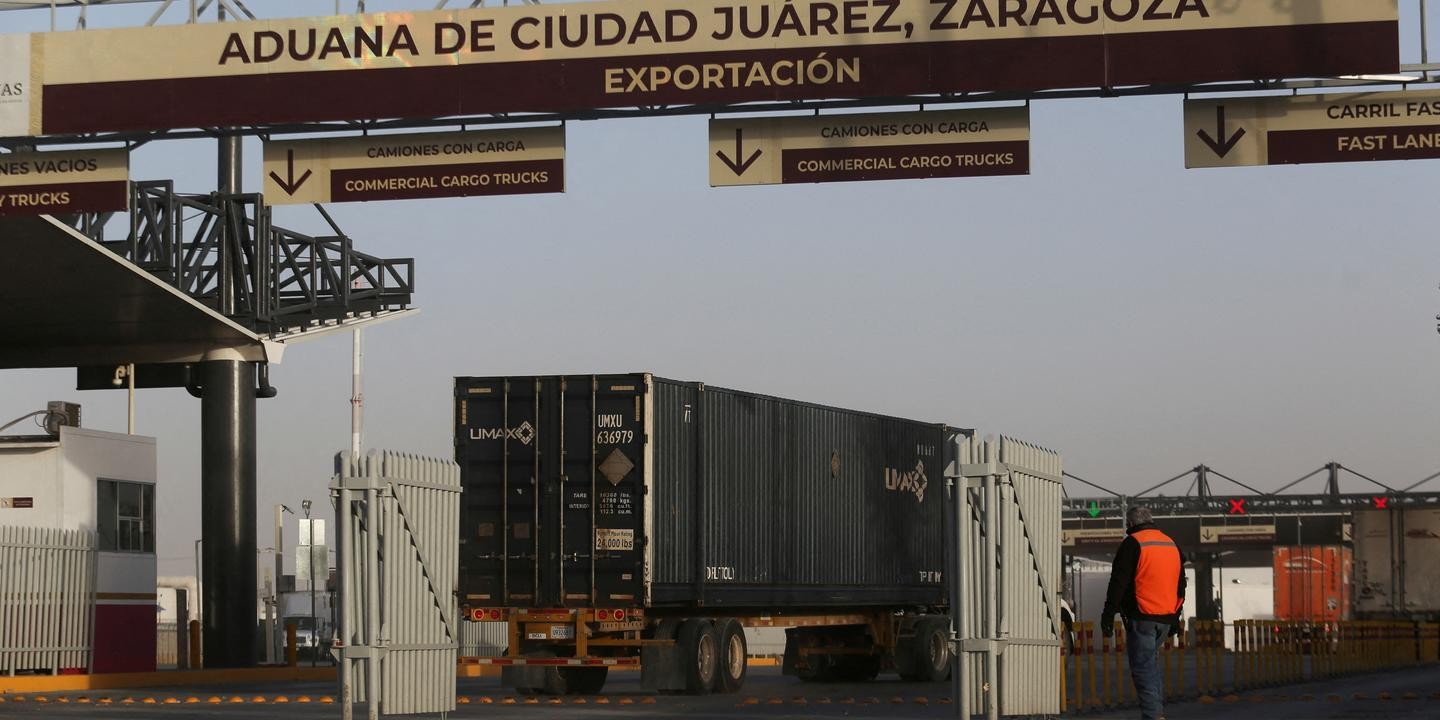
President Donald Trump announced Thursday a one-month postponement of 25% tariffs on numerous Mexican imports, yet financial markets continued their downward trend amid ongoing trade uncertainty.
The temporary pause comes as Mexico demonstrates progress in addressing U.S. concerns about drug trafficking and border security. Mexican President Claudia Sheinbaum reported a 41% drop in fentanyl seizures at the border between January and February, citing U.S. Customs data.
"I did this as an accommodation, and out of respect for President Sheinbaum," Trump stated on Truth Social, noting their "very good" working relationship on border issues. Mexico has recently intensified cartel crackdowns and handed over 29 high-level cartel leaders to U.S. authorities.
Despite the reprieve, Trump confirmed plans to implement "reciprocal" tariffs starting April 2. Imports complying with the 2020 USMCA trade agreement would be exempt from the 25% tariffs during the one-month delay.
The ongoing tariff threats have rattled financial markets and business confidence. While markets briefly recovered after Commerce Secretary Howard Lutnick announced the delay on CNBC, the S&P 500 index soon resumed its decline, falling below pre-Trump election levels.
The trade tensions have also strained U.S.-Canada relations. Ontario Premier Doug Ford announced retaliatory measures, implementing a 25% price increase on electricity exports to 1.5 million American consumers across Minnesota, New York, and Michigan starting Monday.
Economic experts project that the proposed tariffs on Canada, China, and Mexico could raise inflation by one percentage point, reduce growth by half a point, and cost average households approximately $1,600 in disposable income.
Trump acknowledged potential economic impacts during his recent Congressional address, stating "There'll be a little disturbance, but we're okay with that. It won't be much."